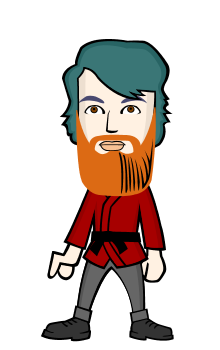Arendt was able to escape after a few weeks and left France in 1941 with her husband and her mother to the United States. They relied on visas illegally issued by the American diplomat Hiram Bingham, who aided roughly 2,500 Jewish refugees in this way. Varian Fry, another American humanitarian, paid for their travel and helped obtain the visas. Upon arriving in New York, Arendt became active in the German-Jewish community. From 1941–45, she wrote a column for the German-language Jewish newspaper, Aufbau. From 1944, she directed research for the Commission of European Jewish Cultural Reconstruction and traveled frequently to Germany in this capacity.[8]
Post-war[edit]

After World War II, she returned to Germany and worked for Youth Aliyah, a Zionist organization, which saved thousands of children from the Holocaust and settled them in the British Mandate of Palestine.[9] She became a close friend of Karl Jaspers and his wife, developing a deep intellectual friendship with him.[10] She began corresponding with American author Mary McCarthy around this time.[11]
In 1950, Arendt became a naturalized citizen of the United States.[12] She served as a visiting scholar at theUniversity of California, Berkeley, Princeton University, and Northwestern University. In 1959, she was named the first female lecturer at Princeton. She also taught at the University of Chicago from 1963 to 1967, where she was a member of the Committee on Social Thought; The New School in Manhattan; Yale University, where she was afellow; and, the Center for Advanced Studies at Wesleyan University (1961–62, 1962–63).[13]
She was elected a fellow of the American Academy of Arts and Sciences in 1962 and a member of the American Academy of Arts and Letters in 1964.[14][15]
Arendt was instrumental in the creation in 1974 of Structured Liberal Education (SLE) at Stanford University. She wrote a letter to the then president of Stanford University to persuade the university to enact Mark Mancall's vision of a residentially-based humanities program.[16]
Death[edit]
Arendt died in New York City on 4 December 1975, at age 69, of a heart attack. She was buried alongside her husband, Heinrich Blücher at Bard Collegein Annandale-on-Hudson, New York.



